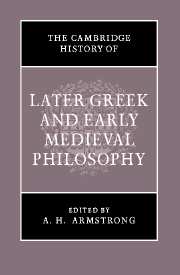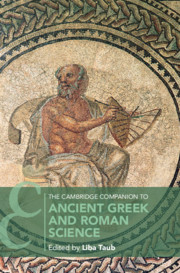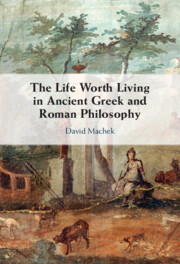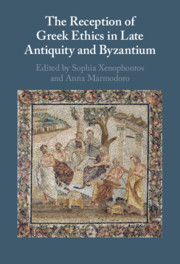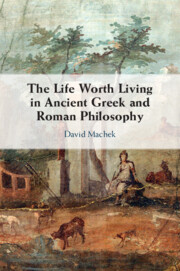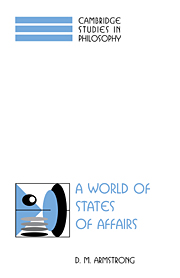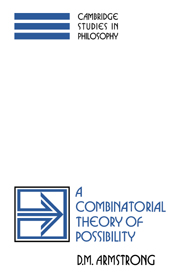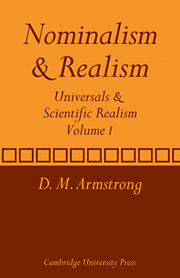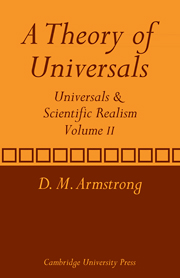The Cambridge History of Later Greek and Early Medieval Philosophy
Surveys philosophy from the neo-Platonists to St Anselm, showing how Greek philosophy took the form in which it was known to its cultural inheritors and how they interpreted it.
Product details
May 1967Hardback
9780521040549
726 pages
234 × 155 × 44 mm
1.267kg
Available
Table of Contents
- Preface
- Abbreviations
- 1. Introductory A. H. Armstrong
- Part I. Greek Philosophy from Plato to Plotinus P. Merlan:
- 2. The old academy
- 3. Aristotle
- 4. The later academy and Platonism
- 5. The Pythagoreans
- 6. The Peripatos
- 7. The Stoa
- Part II. Philo and the beginnings of Christian thought Rev. H. Chadwick:
- 8. Philo
- 9. The beginning of Christian philosophy: Justin: the Gnostics
- 10. Clement of Alexandria
- 11. Origen
- Part III. Plotinus A. H. Armstrong:
- 12. Life: Plotinus and the religion of superstition of his time
- 13. Teaching and writing
- 14. Man and reality
- 15. The one and intellect
- 16. From intellect to matter: the return to the one
- Part IV. The Later Neoplatonists A. C. Lloyd:
- 17. Introduction to later neoplatonism
- 18. Porphyry and Iamblichus
- 19. Athenian and Alexandrian Neoplatonism
- Part V. Marius Victorinus and Augustine R. A. Markus:
- 20. Marius victorinus
- 21. Augustine. Biographical introduction: Charistianity and philosophy
- 22. Augustine. Man: body and soul
- 23. Augustine. Reason and illumination
- 24. Augustine. Sense and imagination
- 25. Augustine. Human action: will and virtue
- 26. Augustine. God and nature
- 27. Augustine: man in history and society
- Part VI. The Greek Christian Platonist tradition from the Cappadocians to Maximus and Eriugena I. P. Sheldon-Williams:
- 28. Introduction: Greek Christian Platonism
- 29. The Cappadocians
- 30. The pseudo-Dionysius
- 31. The reaction against Proclus
- 32. St Maximus the Confessor
- 33. The Philosophy of Icons
- 34. Johannes Scottus Eriugena
- Part VII. Western Christian thought from Boethius to Anselm H. Liebeschütz:
- 35. Boethius and the legacy of antiquity
- 36. Development of thought in the Carolingian Empire
- 37. The debate on philosophical learning during the transition period (900–1080)
- 38. Anselm of Canterbury: the philosophical interpretation of faith
- Part VIII. Early Islamic philosophy R. Walter:
- 39. Introductory
- 40. Al-Farabi and his successors
- Select bibliography
- Additional notes and bibliography
- Index of ancient and medieval works referred to in the text
- General index
- Index of Greek terms.

